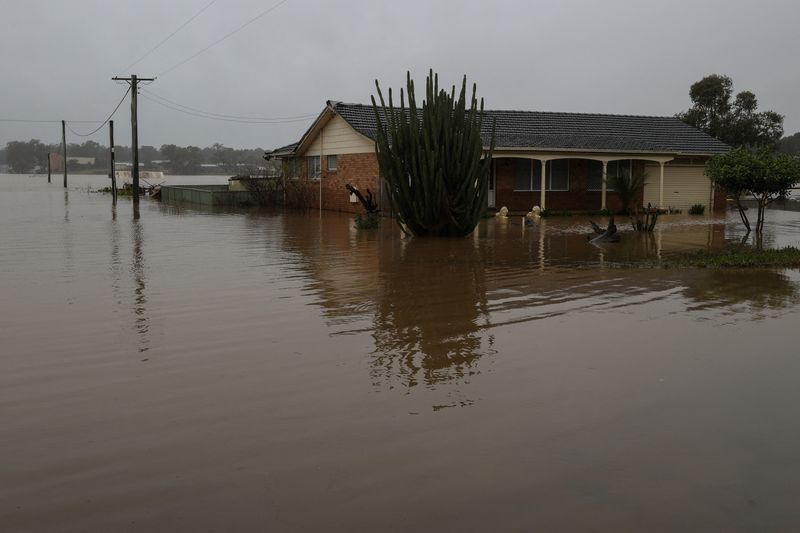(Reuters) - Potential economic downturns caused by climate change could pose risks to the loan books of Australia's top five banks without resulting in any severe stress to the system and the economy, a risk study conducted by the country's banking regulator showed.
With global focus sharply pivoting towards climate change, banks have come under increased scrutiny for their ties with fossil fuel projects, prompting them to set goals to cut emissions and raise investments in clean energy projects.
The Australian Prudential Regulation Authority (APRA) said on Wednesday risks associated with climate change for banks were likely to be concentrated in specific regions and industries, with mortgage lending losses expected to be higher in northern Australia.
The study predicted bank losses could be higher from lending to sectors that more exposed to risks associated with transition to a lower emission economy, such as mining, manufacturing and transport.
The study was conducted over the past two years on the financial models of Commonwealth Bank of Australia (OTC:CMWAY), National Australia Bank (OTC:NABZY), Westpac Banking (NYSE:WBK) Corp, Australia and New Zealand Banking Group, and Macquarie Group (OTC:MQBKY).
These banks have "predicted they would adjust their risk appetite and lending practices, such as cutting back on high loan-to-valuation lending and reducing exposure to higher risk regions and industries", the regulator said.

APRA will now consider how the assessment could be applied to other regulated industries and climate-related challenges, it said.
($1 = 1.4948 Australian dollars)